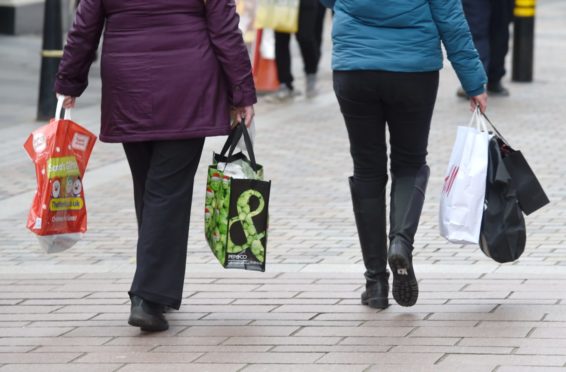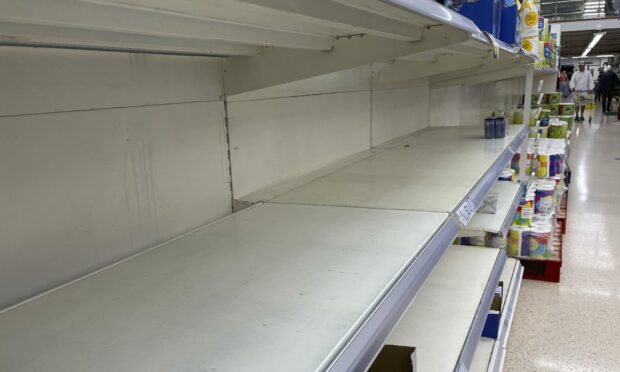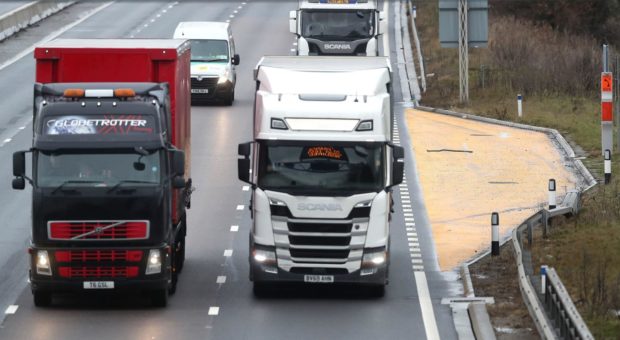Shoppers are being warned by retailers and delivery drivers of a bare Christmas as the pinch of economic uncertainty, Brexit and the pandemic continues to take hold.
Road haulage and consumer experts delivered the gloomy forecast as part of a Holyrood probe into Scotland’s fragile economic recovery.
They warned problems with Scotland’s supply chain are unlikely to be over by the end of the year.
They claimed there is no short term fix to plug the gap in driver shortages, currently being blamed for the country’s emptying shelves.
Shoppers should also be prepared, they warned, for a rise in prices as the ever-increasing rise in shipping, delivery and overheads like building rates continues to go up.
Christmas warning
Ewan MacDonald-Russell, of the Scottish Retail Consortium, told MSPs people should plan in advance ahead of what is expected to be a “very hard” time for the country’s shops.
He said: “In the short term the HGV shortage has provided huge structural challenges, keeping stores stocked. A lot of retailers are already prioritising having specific products and certain product lines will not have the range or product line.”
He said it’s a real challenge in the biggest trading period of the year.
“There are huge shipping costs, which have been disrupted by the pandemic and global challenges,” he told MSPs.
“But when combined with the HGV and economic challenges, it is going to be really hard.
“We have been quite candid, if people are preparing for Christmas this is a year to get organising your Christmas shop.”
He added: “This is a culmination of pressures which have been building in retail. We have been saying for years the impact of the costs of employing people and building costs will come to ahead when digital technology gets into it.
“The pandemic of course created a perfect opportunity for that.”
He warned costs will be passed to customers, adding: “We are trying hard to avoid it, but it is getting harder and harder.”
No short-term fix
Martin Reid, director of the Road Haulage Association, told the committee the HGV industry was understaffed before Brexit.
The mixture of a gap in the labour market, the pandemic and current supply-chain problems caused a major headache.
“There are very few supply chains not affected one way or another,” he said.
“It is not one particular factor which has caused this.”
He estimated the industry was up to 60,000 drivers short by the January Brexit cut-off.
He continued: “We also had about 15,000 EU nationals working in and out of the UK. Some of those went home with no intention of coming back, for others it was difficult for them to return.
“We have also had Covid, which meant the DVSA who normally put through around 75,000 HGV tests per year were unable to operate at the same levels and we reckon only around 35,000 tests took place. The pass rate is only slightly above 50%.”
Grow your own
He highlighted rules around self-employment as a problem for wage negotiation with EU workers.
The average age in the workforce is around 55 years old, he said, claiming it is difficult to attract new blood to the industry.
He added: “If we don’t have access to the same labour markets as before, it takes time to grow your own, as they say. There is training going on across the country.
“There are short, medium and long term problems, I don’t see things improving any in the short term.”



